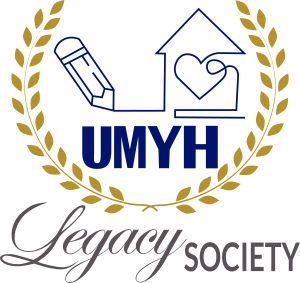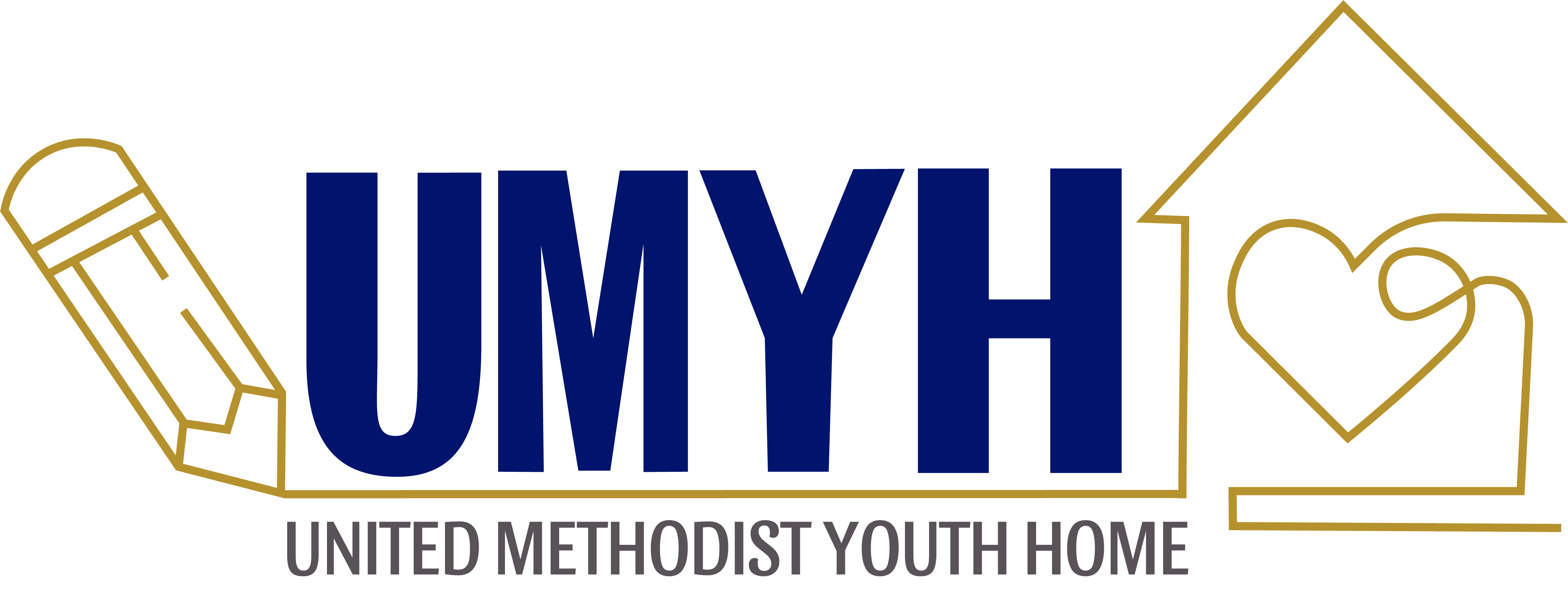
Do you believe deeply in the mission of UMYH? Would you like providing help to at-risk youth be a part of your lasting legacy?
UMYH Legacy Society is a special recognition program formed in 2024 to honor individuals who develop an estate plan or other deferred gift arrangement that will ultimately benefit UMYH- United Methodist Youth Home.
Nearly everyone who believes in UMYH can complete a gift plan to benefit UMYH. These gifts, regardless of size, are vital to UMYH’s future.
Members of the UMYH Legacy Society receive:
- Recognition of their generosity toward UMYH by including their names in publications such as the Impact Report and an invitation to the annual Legacy Society event for members.
- A plaque on the Legacy Society member wall on UMYH campus
- A memento of the Legacy Society
Some of the potential advantages of individuals completing a gift plan include:
- The personal satisfaction of committing a gift to UMYH during their lifetime, with the peace of mind that their resources will be available to them for as long as they need them.
- Significant savings on income taxes
- Reduced gift and estate taxes, while still benefiting loved ones.
- Avoidance of capital gains tax on appreciated gift assets.
An invitation to join the UMYH Legacy Society may be extended to those who:
- Make UMYH aware you have a gift plan in place to benefit UMYH.
OR
- Have a cumulative lifetime gift of $25,000 or higher has been giving to UMYH.
Planned Giving Opportunities
Bequests
A bequest is one of the easiest gifts to make. With the help of an advisor, you can include language in your will or trust specifying that a gift be made to family, friends and/or the United Methodist Youth Home (UMYH) as part of your estate plan.
1. You can gift a specific dollar amount or asset
2. You can gift a percentage of your estate
3. You can gift the balance, residue, or any portion of your estate
Named Beneficiary of Certain Assets
Another way to make a charitable gift from your estate is to designate the United Methodist Youth Home as a full or partial beneficiary of certain assets, such as a life insurancy policy, an IRA or orther retirement plan (401k, 403B, etc).
